Regis University Students Cite Service as a Channel to Long-Term Development
Working alongside caregivers in the Ukwega Ward, Tanzania provides health care professionals and students alike opportunities to enhance the care, health and nutrition of mothers and children in the Reaching Children’s Potential Program. Students in Regis University‘s 2019 Global Pathways Program reflect on how contributing their skills to long-term projects changes the trajectory of people in need.
Since 1984, student groups – middle and high school as well as college – have been significant contributors to Global Volunteers teams, each with its own unique student-learning goals. Many earn credits for a class, meet a requirement for graduation, or build a resume for college entrance or first jobs. What they may not know is a Global Volunteers’ experience delivers far beyond those expectations. Not only can students contribute directly, and deeply to an on-going development program, but they can assess their own After personally observing how the local people utilized their resources and cared for each otherin the Ukewega Ward, some of these students wondered: “Am I living my full potential?
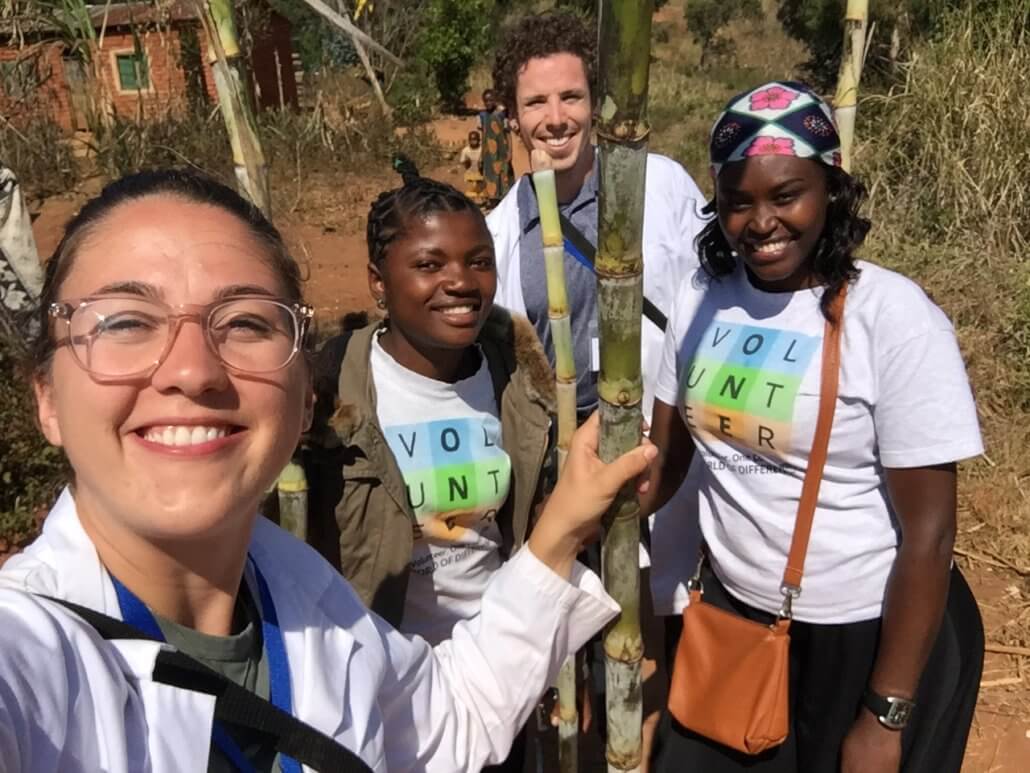
In Ukwega Ward, It’s All about Love and Care
Regis student volunteers, Rachel Alvidrez (Nurse Practitioner) and Lizzy Boshears (Physical Therapy), when asked by their faculty advisor about the one thing they learned while serving in Tanzania said that they felt like they gained an opportunity to look within themselves and return home as better people.
Both young women observed that the local people were hospitable, welcoming, and open to new information and sharing knowledge. They also noticed how present they were in conversations, how supportive and accepting they were of one another, and how it seemed that love and care exuded in Ukwega Ward. Rachel commented, “This experience has made me look inward and really pay attention to how I treat my neighbors, my own friends, and my own family.” She hopes to work on bringing more of those traits home with her after service.
“This experience has made me look inward and really pay attention to how I treat my neighbors, my own friends, and my own family.”
Rachel Alvidrez, Nurse Practitioner Student
Rachel and Lizzy also noted how motivated people were to help themselves. They were complimentary of how quickly the parents absorbed and implemented the information they communicated. This is something they don’t typically see as learning clinicians back in the states. Not all of their patients back home are as receptive or willing to do the work or make the changes to see results. Not so in Tanzania. Lizzy remarked, “..Already after one workshop or home visit, people are doing the things that we taught.” She added, “and if they aren’t, they are like ‘oh yeah, I forgot about that one thing, I will do it now’. ”
Healing Takes Time; a Universal Truth
Josh Holland, another physical therapy student, had revelations, too. One he shared with Anna, the clinic manager of Ipalamwa General Health Clinic. Anna was translating for him (as she does for all volunteers in the clinic setting) and explained that she had just told the patient that “it takes time to heal”. Josh and Anna shared a universal truth at that moment — pain doesn’t go away in a day. Whether you are being treated in the U.S. or rural Tanzania, healing takes time. The impact of that shared realization wasn’t lost on Josh.
He also leaves Tanzania with a better understanding of the volunteer’s role in service and that sometimes you can’t fulfill all your expectations. You need to be adaptive and flexible. You also need to “realize what impacts you can make” versus strictly providing care, and be okay with either.
“…realize what impacts you can make.”
Josh Holland, Physical Therapy Student
He further explained that when you are studying something like physical therapy where your goal is to help make people feel better, it is hard not to be able to fix everything with urgency. His experience at the clinic became a daily reminder that immediate results are rarely achievable, especially in a rural clinical setting. Knowing that most patients wouldn’t be able to return for regular, ongoing treatments, Josh began to truly understand that his ability to provide care had limitations, whether due to cultural differences or difficulty in pinpointing the originating pain. He determined how to prioritize quickly to provide the best he could do in each circumstance and leave each patient with some self-care strategies and hope for eventual relief.
All of this contributed to some challenges and tough days in the clinic for Josh. Even still, working with the clinic staff and the patients was his favorite part of service.
Collectively, the students agreed that they learned as much as they taught. And they left better prepared to accept the idea that with practice, prioritization, and patience they can provide good care and support, wherever needed. And although they weren’t always able to fix things, they now understand what they offered was enough. Lizzy, Rachel, and Josh witnessed first-hand that through this experience they were working toward doing their best. Along with the children in Ukwega Ward, they were on their way to reaching their full potential as aspiring health professionals.
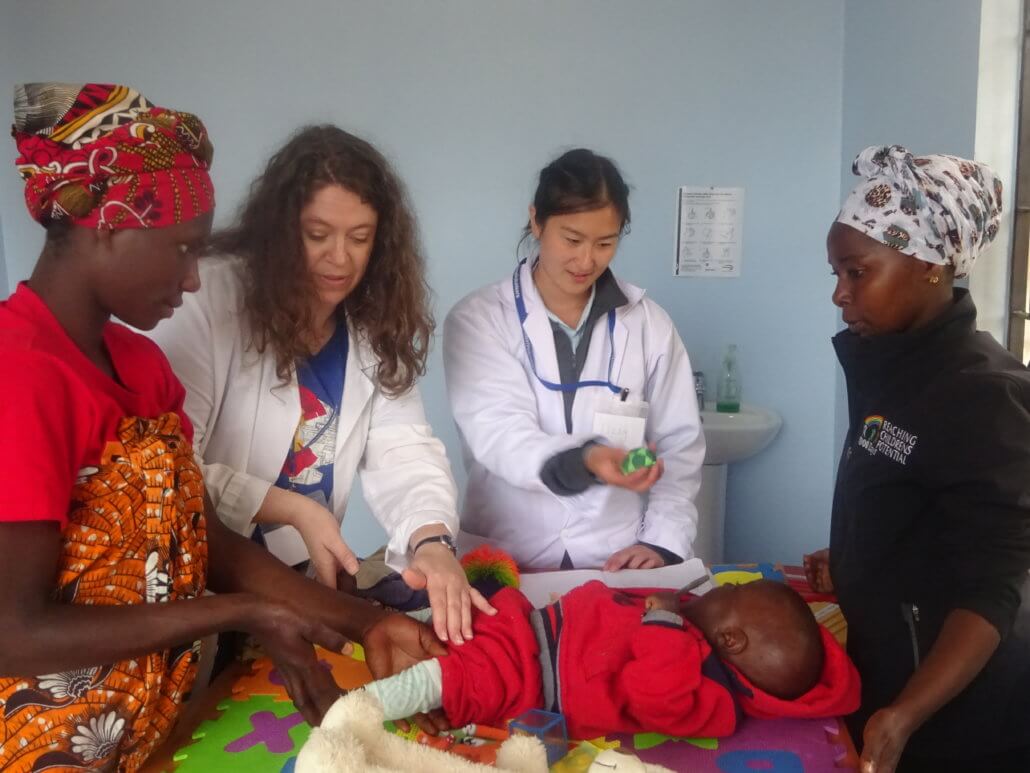
PT students exam 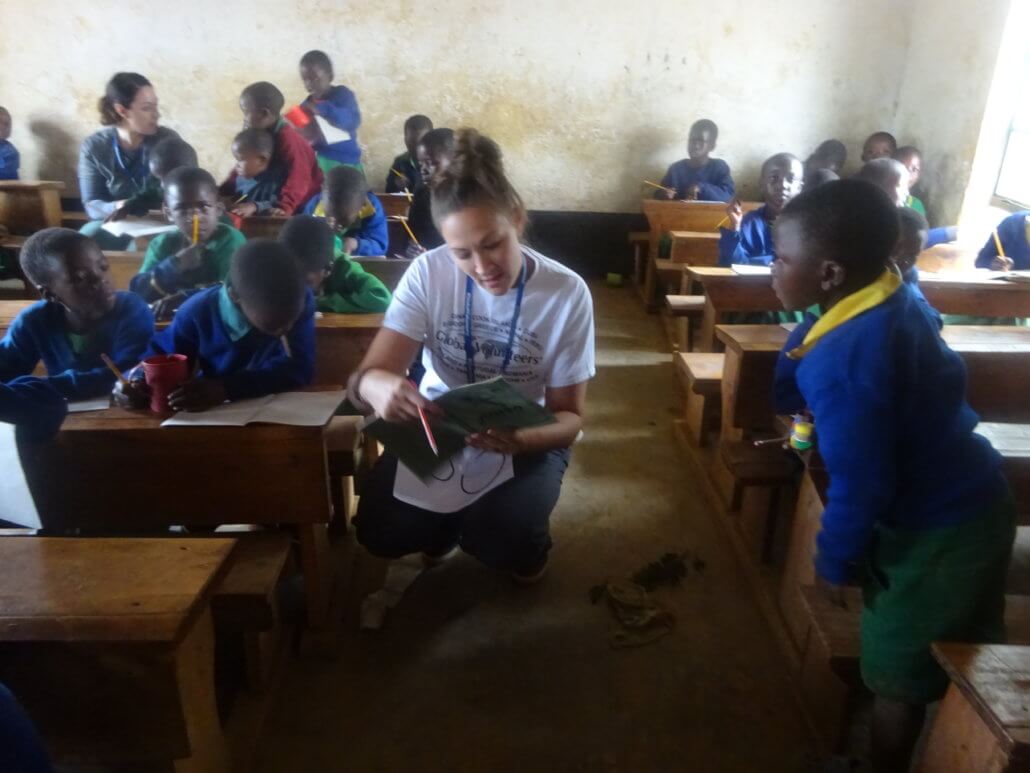
Teaching primary students 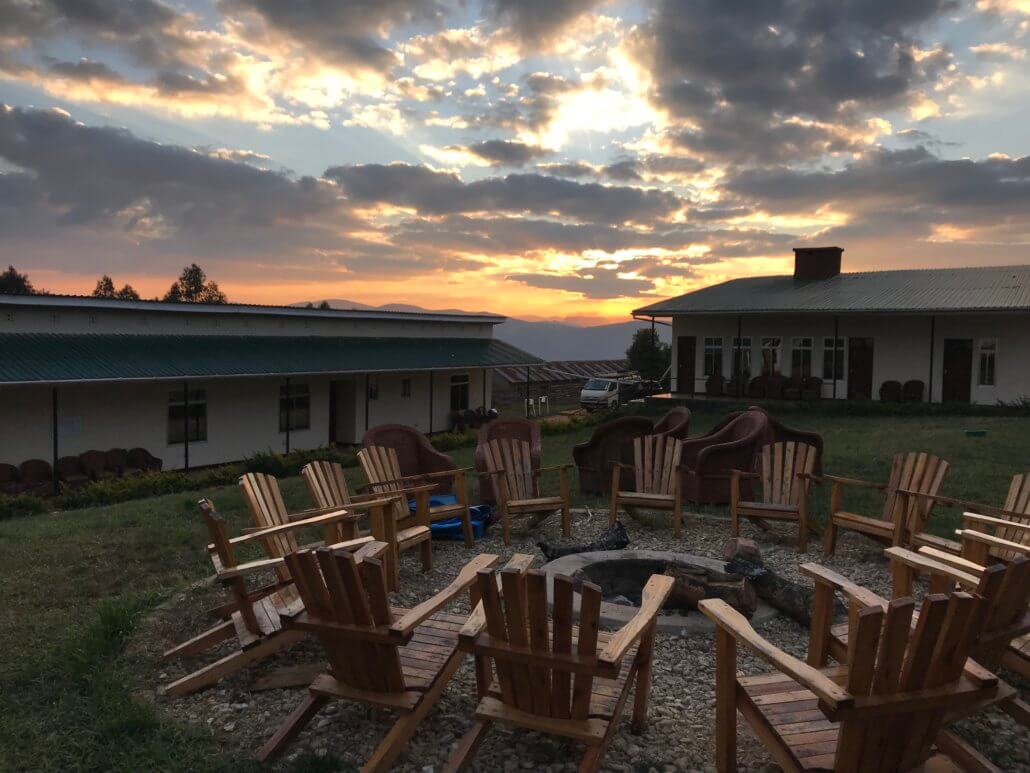
Perfect spot for connecting 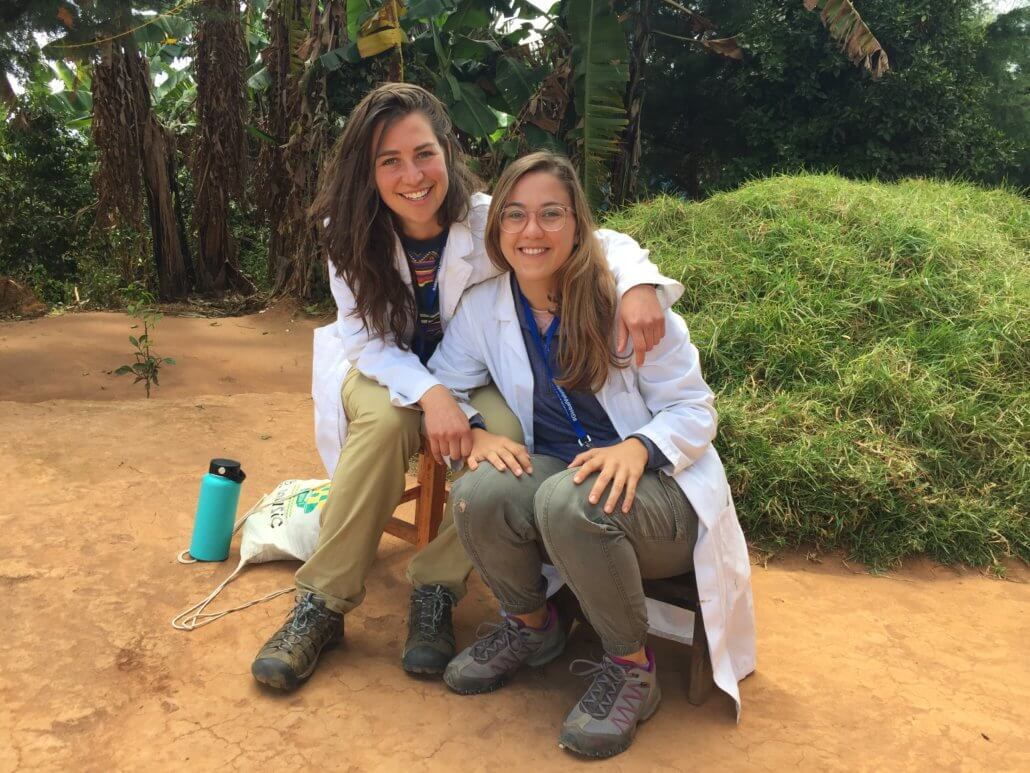
Serving together 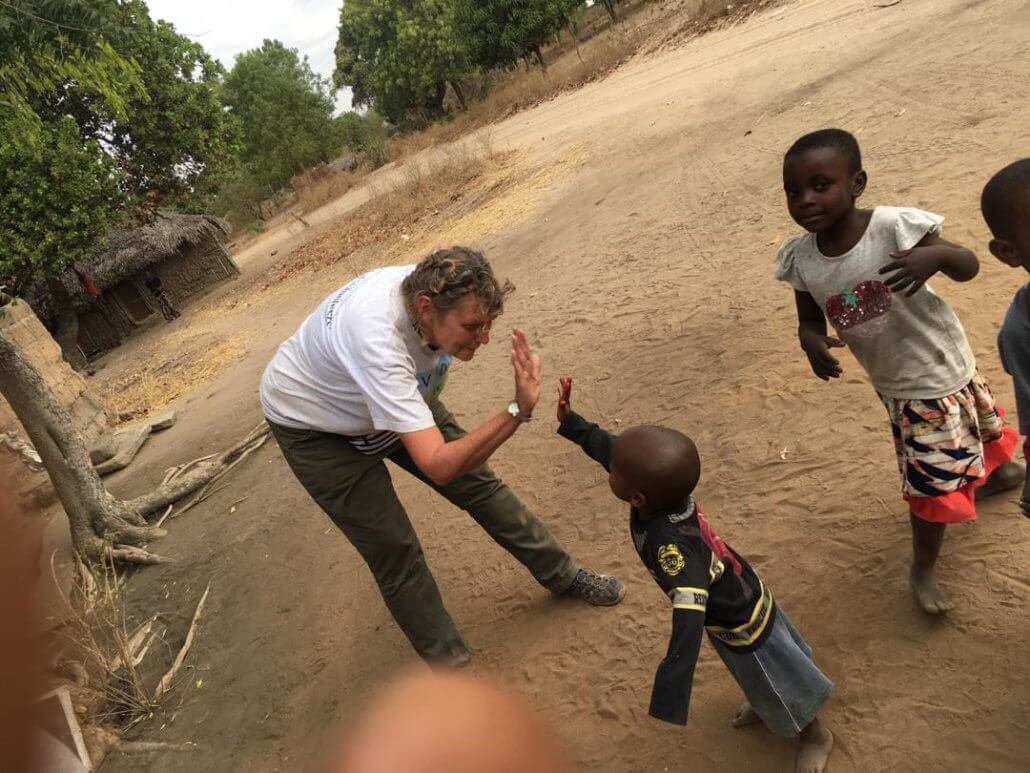
Exchanging hi-fives 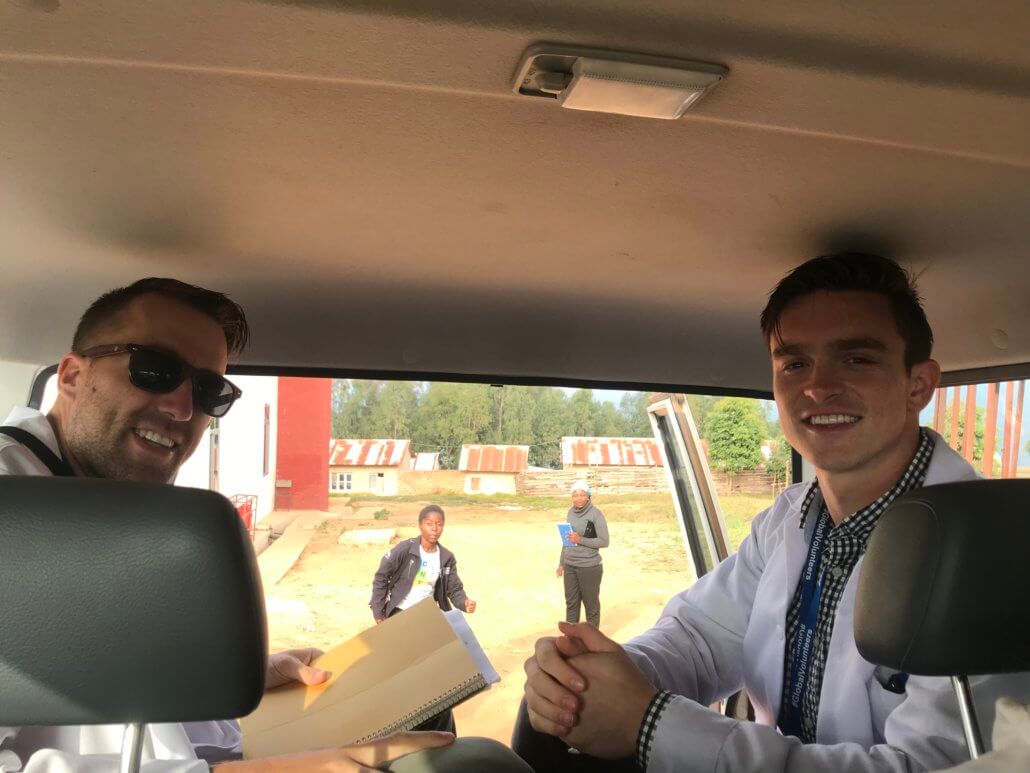
Driving to homevisit 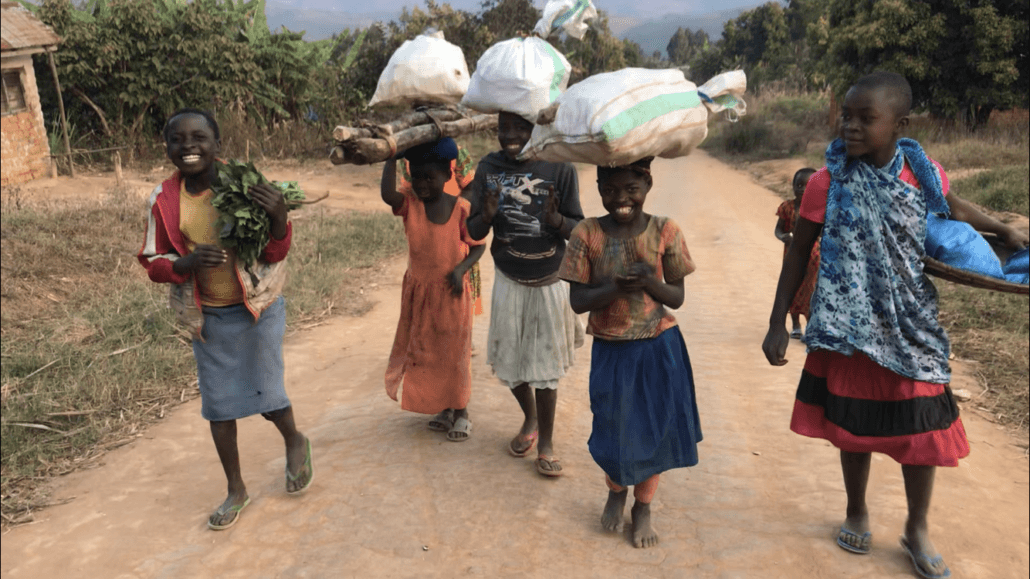
It’s all about the children!
Call our Partnerships Department at (651) 407-6105 to visit about how your students can make a positive impact on the lives of children by volunteering for one, two, or three weeks.
Find out more about the Reaching Children’s Potential Demonstration Program in Tanzania and contribute to the elimination of stunting in rural villages of Ukwega Ward here:

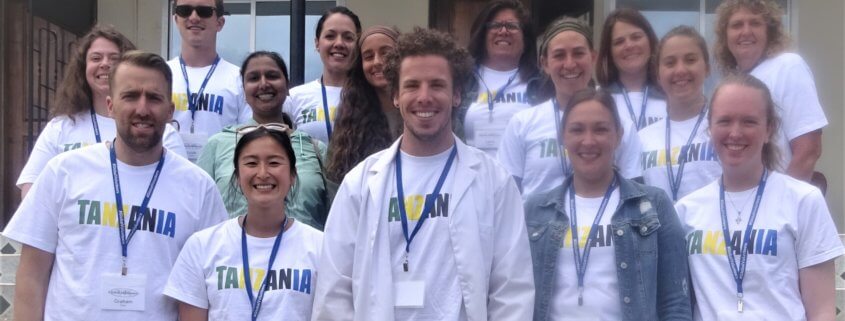


Leave a Reply
Want to join the discussion?Feel free to contribute!